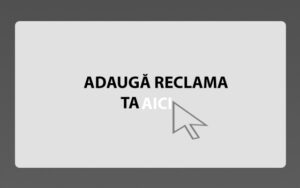Creditor Voluntary Liquidation
- Creditor`s Voluntary Liquidation – your company cannot pay its debts and you involve your creditors when you liquidate it
A director can propose a company stops trading and be liquidated (‘wound up’) if:
- the company cannot pay its debts (it is ‘insolvent’)
- enough shareholders agree
What the liquidator does?
The liquidator is an authorised insolvency practitioner or official receiver who runs the liquidation process.
As soon as the liquidator is appointed, they will take control of the business.
They will:
- settle any legal disputes or outstanding contracts
- sell off the company’s assets and use any money to pay creditors
- meet deadlines for paperwork and keep authorities informed
- pay liquidation costs and the final VAT bill
- keep creditors informed and involve them in decisions where necessary
- make payments to creditors
- interview the directors and report on what went wrong in the business
- get the company removed from the companies register
- In a creditors’ voluntary liquidation, the liquidator acts in the interest of the creditors not the directors.
What happens to directors?
When a liquidator is appointed, directors:
- no longer have control of the company or anything it owns
- cannot act for or on behalf of the company
If you are a director, you must:
- give the liquidator any information about the company they ask for
- hand over the company’s assets, records, and paperwork
- allow the liquidator to interview you if they ask
You can be banned from being a director for 2 to 15 years or prosecuted if the liquidator decides your conduct was unfit.



